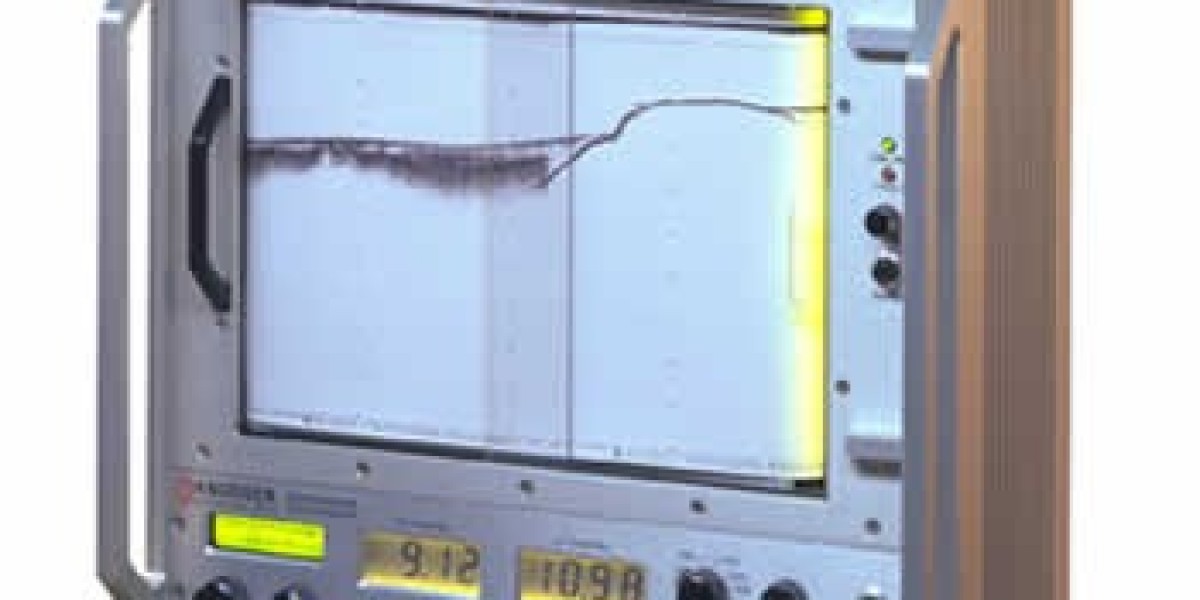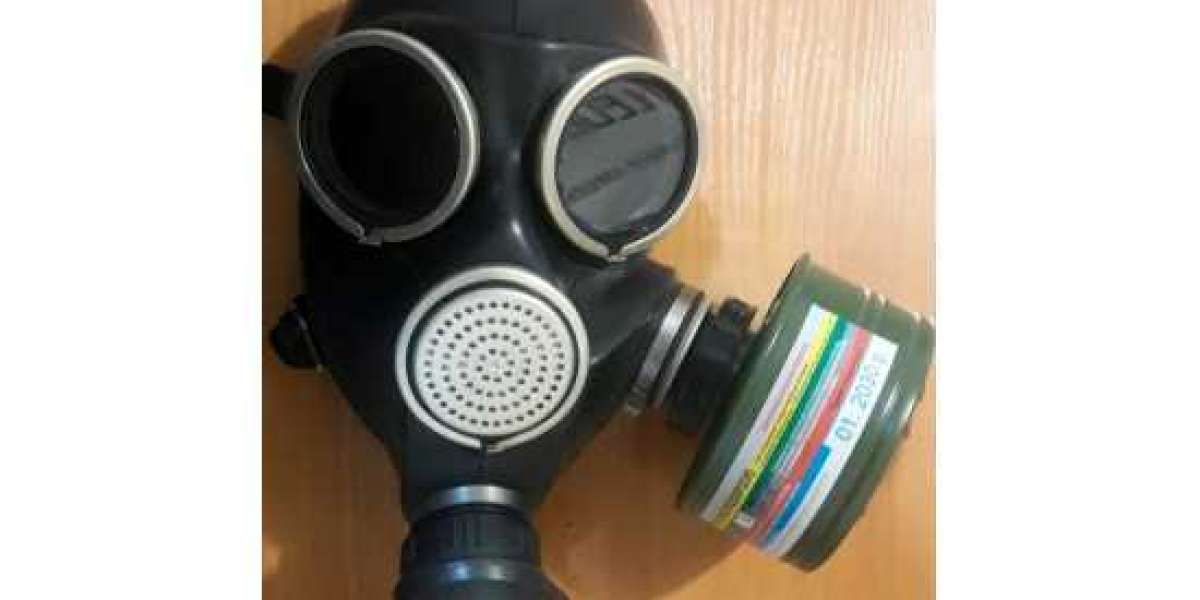Bsc physics syllabus and course is basically a natural science which studies matter and moves around time and space and some other similar concepts such as power and energy. So generally, it is more about the study of nature as a whole which comprehends and explains how exactly the world works.
So the overall course of Physics BSC covers subjects like wave and optics, mechanics, magnetism and electricity, digital systems and applications, quantum mechanics, thermodynamics, thermal physics and many more. And you will be surprised to know that BSc Physics has a great job scope and also opens a lot of opportunities to work under ISRO, NASA, SpaceX and a lot more.
So now, as you scroll down, you will find detailed information about the syllabus of bsc physics course, the subjects taught in it, the course structure and a lot more, so just read further.
Semester wise details of bsc physics syllabus
The syllabus of BSc Physics mainly consists of a multidisciplinary and systematic curriculum which involves both practical and theoretical study. Now, this course is divided into 6 semesters and three years. So below is the breakdown of the general syllabus of the bsc physics semester-wise:
- Semester 1- It includes following subjects-
- Mechanics and Props of Matter
- C Programming
- Foundation Course in Maths
- Physics Chemistry 1
- Physics Lab-1
- Chemistry Lab-1
- Semester 2- Following subjects are taught-
- Optics
- Calculus
- Environmental Studies
- Organic Chemistry
- Physics Lab-2
- Chemistry Lab-2
- Semester 3- It consists of subjects like-
- Solid State Physics
- Inorganic Chemistry 1
- Electricity and Magnetism
- Open Elective
- Biophysics and radiation Science
- Semester 4- It has following subjects-
- Classical mechanics and Relativity
- Basic Electronics
- Nuclear Physics
- Electromagnetic Theory
- Mathematical Physics
- Physics Lab
- Semester 5- Subjects are-
- Quantum mechanics
- Oscillation and Waves
- Statistical Mechanics
- Applied Optics
- Semester 6- It has following subjects-
- Renewable Energy
- Digital Electronics
- Instrumentation
- Atomic and Molecular Physics
- Particle and Astrophysics
And so this is a semester-wise breakdown of the subjects of the bsc physics syllabus which gives an idea of how and what things will be taught in the duration of 3 years. Now, as you read further, you will find out about the course structure of this course and the subjects details-
Course Structure of BSc Physics
So as you most of know must know that BSc Physics is a 3 year undergraduate degree which is divide into 6 semesters over 3 years which aims to provide in-depth knowledge of the technical and scientific aspects of physics which helps to familiarise students with the recent and existing scientific and technological advances, that they might not be aware of, and to also enhance and enrich their knowledge through hands-on problems, study visits, problems solving skills, projects and many other activities. So the basic course structure of this course is-
- 6 Semesters
- Projects Submissions
- Practicals
- Lab Experiments
- Study Visits
Bsc physics syllabus Subjects
BSc Physics is a course of study of natural science which involves deep study of matter and its motion through time and space and also concepts like energy. So some of the subjects that are covered under this program are mechanics, waves and optics, digital systems and more.
So following is the list of the topics and the subjects which are covered in this program’s curriculum-
- The list of the Core Subjects: It consists of subjects such as- Classical Mechanics, Thermodynamics and Statistical Mechanics, Quantum Mechanics etc.
- Lab Subjects: It includes- Wave and Optics Lab, Solid-State Physics Lab etc.
- Elective Subjects: Verilog FPGA Based System Design, Atmospheric Physics, Nuclear and Particle Physics, Physics of the Earth etc.








